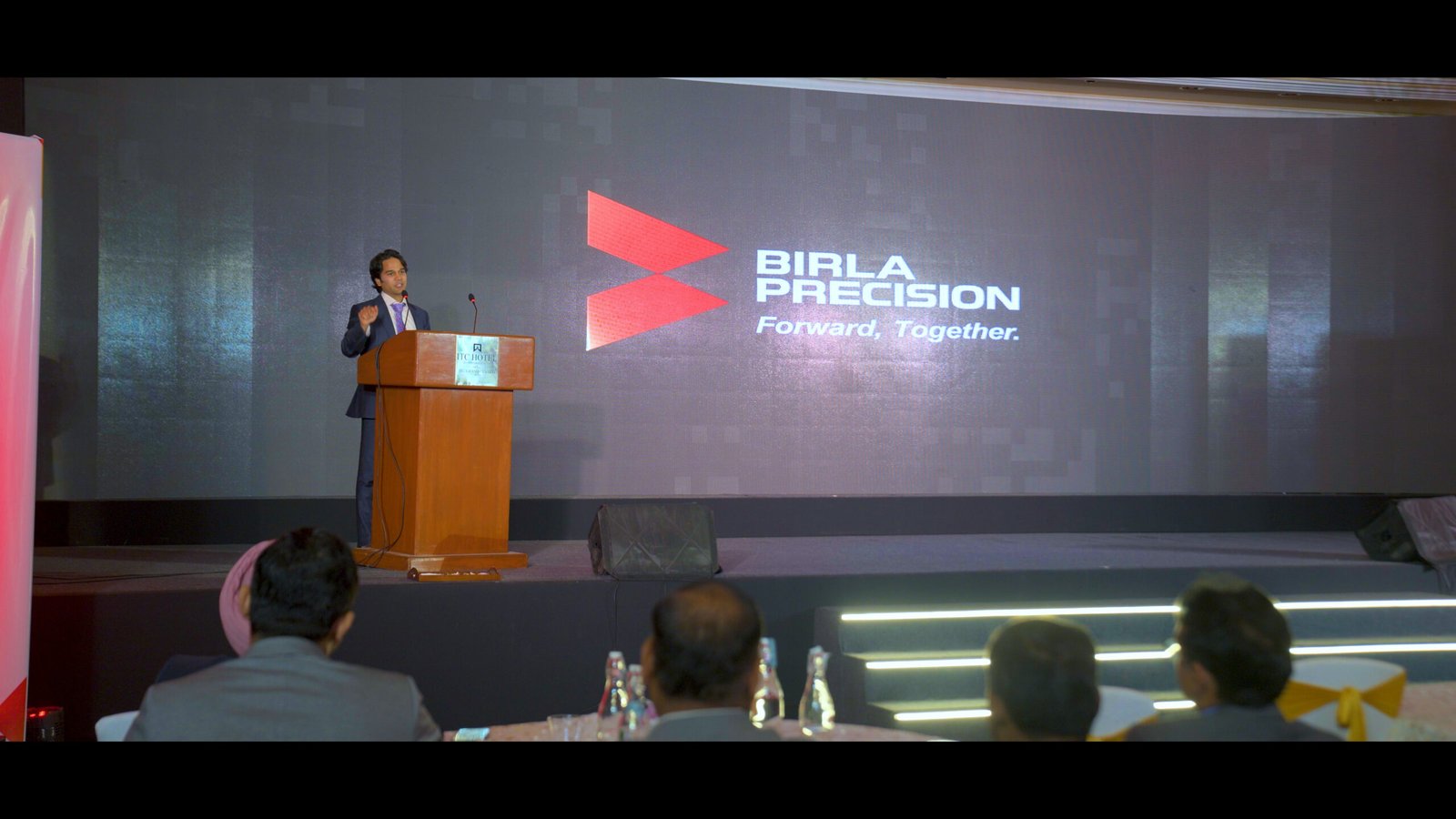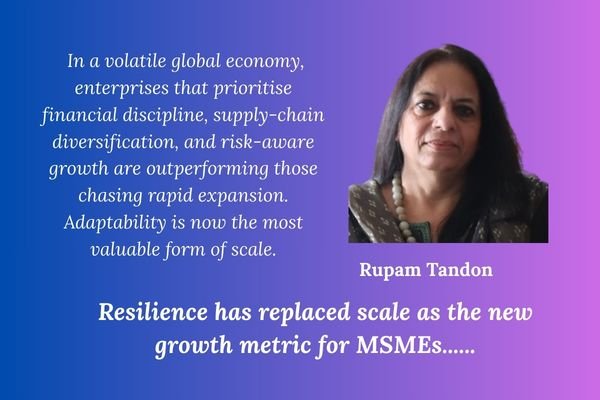09 Aug 2024 (PIB, NewDelhi): The Government of India has implemented a range of initiatives to enhance the competitiveness of Indian industry, particularly Small and Medium Enterprises (SMEs), and to increase their participation in global value chains. Key programs include the Make in India initiative, promotion of Ease of Doing Business, and improved access to credit through schemes like MUDRA and Stand Up India. Additionally, the Ministry of MSME has established 60 Export Facilitation Centers (EFCs) across the country to provide essential mentoring and support to Micro and Small Enterprises (MSEs).
Under the International Cooperation Scheme, financial assistance is provided to MSMEs to help them enter export markets. This includes support for participation in international exhibitions and fairs, as well as reimbursement of various export-related costs. Further assistance is offered through various schemes such as the MSME Champions Scheme, Raising and Accelerating MSME Performance (RAMP) Scheme, Credit Linked Capital Subsidy Technology Upgradation Scheme (CLCS-TUS), Micro & Small Enterprises-Cluster Development Programme (MSE-CDP), Technology Centre System Programme (TCSP), and Procurement and Marketing Schemes (PMS).
To attract more Foreign Direct Investment (FDI), the Government has introduced an investor-friendly FDI policy, allowing 100% FDI under the automatic route in most sectors, with exceptions for certain strategically important areas. Reforms have been made across multiple sectors including Defence, Pharmaceuticals, Civil Aviation, and E-commerce, among others, to ensure that India remains an attractive destination for investors.
In efforts to reduce logistics costs and improve infrastructure, the Government launched the PM GatiShakti National Master Plan (NMP) in October 2021, complemented by the National Logistics Policy (NLP) in September 2022. The NMP focuses on integrated infrastructure development, while the NLP aims to improve service efficiency and human resources through the Comprehensive Logistics Action Plan (CLAP). Together, these initiatives provide a framework for creating a data-driven decision support system to enhance logistics efficiency and reduce costs.
The Department for Promotion of Industry and Internal Trade (DPIIT) is the nodal department for coordinating initiatives under Ease of Doing Business (EoDB), which are designed to create a conducive business environment across all sectors, including MSMEs. Key initiatives under DPIIT include the Business Reform Action Plan (BRAP), B-Ready assessment, Jan Vishwas, and efforts to reduce the compliance burden on businesses and citizens.
For further facilitation of Ease of Doing Business for MSMEs, the Ministry of MSME has launched the Udyam Registration Portal and the Udyam Assist Platform, streamlining the registration process for MSMEs in India.
This information was provided by the Minister of State for Micro, Small and Medium Enterprises, Sushri Shobha Karandlaje, in a written reply in the Lok Sabha.
Author Profile

-
Perumal Koshy is Editor of Global SME News and Director of Strategic Initiatives at Enterprise Futures Lab. He writes on MSMEs, enterprise development, and policy issues affecting small business ecosystems.
Linkedin: https://www.linkedin.com/in/caushie/
Latest entries
 FEATURED2 February 2026Outlook 2026 | Real Estate: Infrastructure-Led Growth, Integrated Communities, and the Trust Imperative
FEATURED2 February 2026Outlook 2026 | Real Estate: Infrastructure-Led Growth, Integrated Communities, and the Trust Imperative Entreprenurs30 January 2026Quality, Crisis, and Consistency: The Rungta Tea Story
Entreprenurs30 January 2026Quality, Crisis, and Consistency: The Rungta Tea Story Entreprenurs21 August 2025Entrepreneurship, Values, and Corporate Governance: Building Nations, Not Just Profits
Entreprenurs21 August 2025Entrepreneurship, Values, and Corporate Governance: Building Nations, Not Just Profits Africa13 August 2025 A New Landmark Report Calls for Rethinking SME Policies, Digital Readiness, and Sustainable Growth
Africa13 August 2025 A New Landmark Report Calls for Rethinking SME Policies, Digital Readiness, and Sustainable Growth







